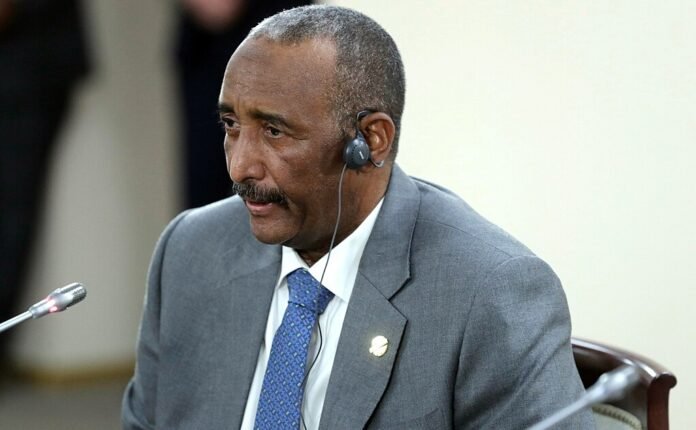Rising tensions between the United States and Sudan have reached a new peak following the imposition of sanctions on Sudan’s army chief, General Abdel Fattah al-Burhan. These punitive measures reflect deep concerns over persistent human rights abuses, signalling a deliberate strategic move by the US to pressure Sudan’s military government into ceasing violent crackdowns on civilians.
Sudan’s political landscape has been fraught with instability since the ousting of long-time dictator Omar al-Bashir in 2019, leading to a tenuous civilian military power-sharing agreement. However, the subsequent military coup in 2021 unravelled these efforts, marking a regression in the democratic transition that international actors had championed.
The international community, spearheaded by the US, has been unequivocal in condemning Sudan’s use of force against protests. Reports of atrocities, including mass killing and arrests of dissidents, have alarmed human rights advocates worldwide, as articulated by organizations such as Amnesty International and Human Rights Watch.
Embed from Getty ImagesHistorically, Sudan’s trajectory has been marred by military rule and civil war. Despite attempts at progress, internal divisions and governance challenges continue to obstruct a path towards sustainable peace and democracy. The recent sanctions are part of a larger narrative surrounding international accountability and the aspiration to protect human rights globally.
The implications of these sanctions are manifold. Economically, they exacerbate existing hardships, strain Sudan’s efforts to stabilize its economy, and manoeuvre in international financial systems. Politically, these sanctions serve as both a warning and an invitation for Sudan’s military rulers to engage in genuine dialogue with civilian stakeholders.
For the US, these sanctions are a careful balancing act of exerting pressure while engaging in diplomacy to encourage structural reforms in Sudan. Whether these sanctions will achieve broader policy changes or deepen the existing divides remains contingent on Sudan’s leadership and their willingness to uphold human rights and democratic principles.
Perspectives
• Perspective 1: Human rights organizations celebrate US sanctions as a testament to international justice systems in practice.
Sources:
HUMAN RIGHTS WATCH
AMNESTY INTERNATIONAL
• Perspective 2: From the Sudanese government’s perspective, as depicted in local media such as Sudan Tribune and Anadolu Agency, these sanctions are seen as unwarranted interference in national sovereignty.
Sources:
SUDAN TRIBUNE
AA
• Perspective 3: Economic experts, referencing the Financial Times and The Business Times, view sanctions as both punitive and protective for US interests.
Sources:
FINANCIAL TIMES
